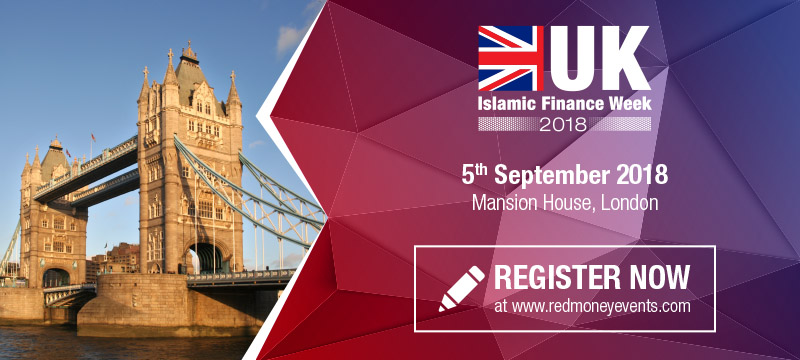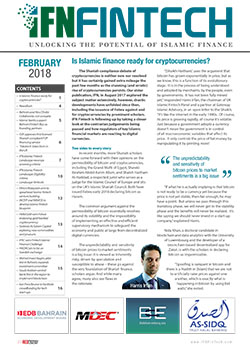GLOBAL: Hot on the heels of the introduction in March of a dedicated Islamic banking regulatory framework for the entire West African Economic and Monetary Union (WAEMU), Coris Bank Baraka is expanding its footprint in the region as it will be opening branches in Benin and Senegal on the 25th and 29th May 2018 following the inauguration of its first office in Mali on the 3rd May.
Having operated in Burkina Faso for the past two years, the Islamic window of Coris Bank International intends to serve all of WAEMU's member countries, but a precise timeline has yet to be decided for Ivory Coast, Guinea-Bissau, Niger and Togo. In the long term, a fully-fledged Islamic subsidiary will be established in every WAEMU country.
While Coris Bank Baraka has not set any target in terms of clients, deposits and assets for the years to come, it has great ambitions. Coris Bank Baraka Mali is close to sealing its first deal, a XOF1.1 billion (US$2.01 million) Murabahah financing for the purchase of materials that will be used for the construction of a building in the Central Market of Bamako.
"The region is very open to Islamic finance. For instance, in Mali, the absence of Shariah compliant offerings was an issue as more than 90% of the population are Muslims. Consequently, a lot of money is hoarded. A study showed that 81.6% of the population are very interested. So you can see the dynamism of the market," shares Sylvie Sally Kinda Compaore, the head of Islamic finance at Coris Bank.
Mali and Benin will offer the same products as Burkina Faso, namely Wadiah, Murabahah and Ijarah. Istisnah will be introduced later while Senegal will have it on the first day of activity, as the country is already home to an Islamic bank called Banque Islamique du Senegal, and is therefore more aware of Islamic products.
Supporting the development of public and private infrastructure projects in the energy, health and education sectors is one of Coris Bank Baraka's top priorities along with increasing the level of bancarization in the region through the extension of an Islamic line of financing to microfinance organizations. The bank also plans to enter into Mudarabah agreements with farmers, including livestock farmers, similar to what it has been doing in Burkina Faso. |
The National Shariah Board: Key to Islamic capital market development in Indonesia
As the largest Muslim country in the world with diverse Islamic thoughts (Mazhab), there needs to be a national standard Fatwa issued by an independent institution. The National Shariah Board (DSN) established in 1999 is an institution that has an important role in developing Islamic finance, especially the Islamic capital market of Indonesia. It does not only produce Fatwas but also act actively in developing the Islamic capital market, including regulation drafting and education of the people. |
















No comments:
Post a Comment
Note: Only a member of this blog may post a comment.